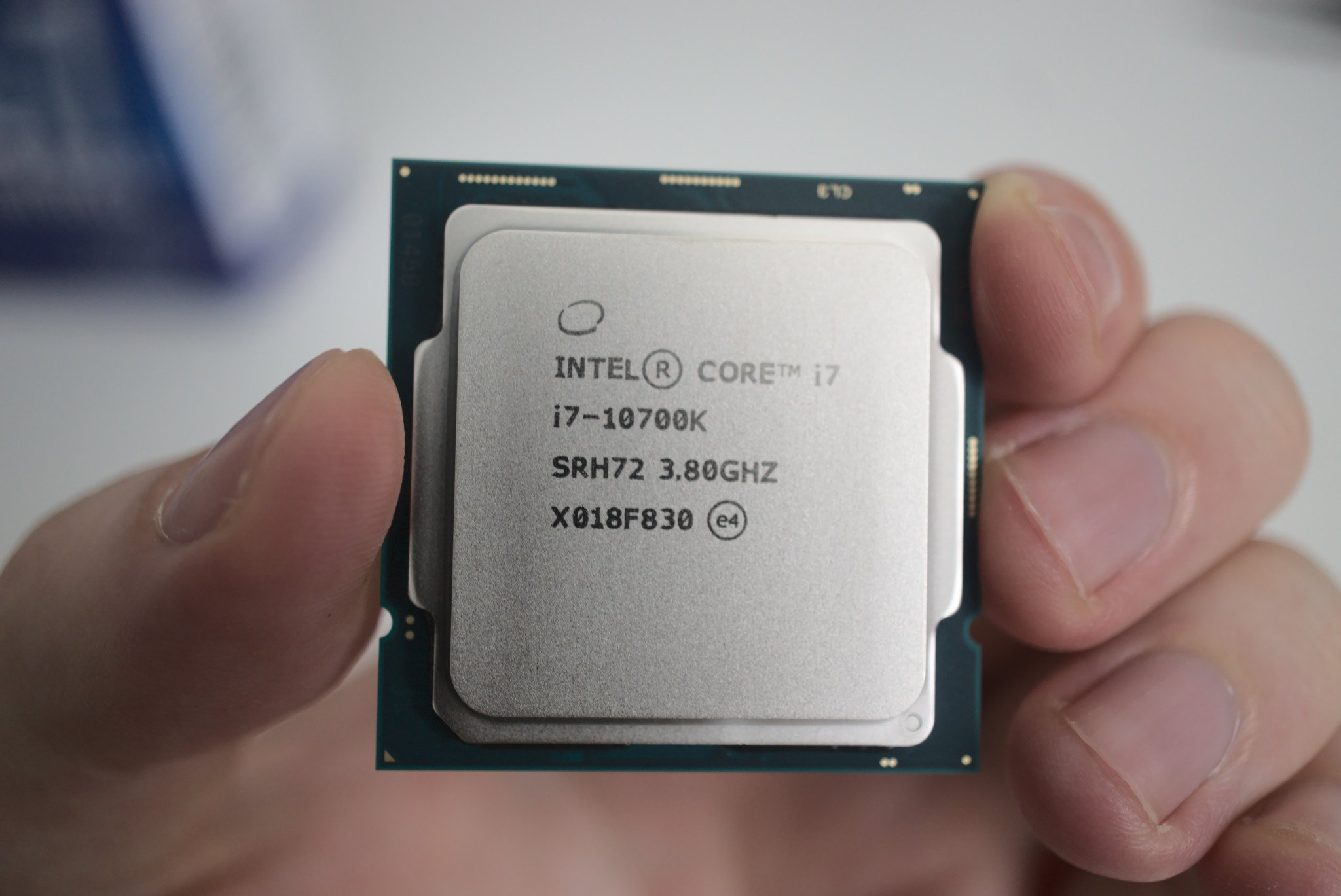US and EU want to avoid 'subsidy race' over chip manufacturing
Coordinated efforts by the U.S. government and EU could increase focus on fixing the global chip shortage.

All the latest news, reviews, and guides for Windows and Xbox diehards.
You are now subscribed
Your newsletter sign-up was successful
What you need to know
- The U.S. government and EU will announce a joint effort to prevent a "subsidy race" in the semiconductor industry.
- The move could help prevent countries from competing in semiconductor manufacturing rather than addressing the global chip shortage.
- The governments aim to ensure a supply of semiconductors in a "coordinated fashion," according to an official.
The U.S. government and the European Union will take steps to avoid a "subsidy race," according to a report by Reuters. The outlet stated that the U.S. and EU will announce a joint effort at the second meeting of the U.S.-EU Trade and Technology Council, which will occur on Monday, May 16, 2022.
"You'll see us announce... a transatlantic approach to semiconductor investments aimed at ensuring security of supply" said a senior administration official.
The joint effort will be made to prevent a subsidy race that would see countries compete for chip manufacturing.
The ongoing global chip shortage has caused supply issues across a range of industries. Several governments and large companies have committed to investing millions of dollars to alleviate the shortage. Without cooperation, however, countries could end up competing rather than focusing on fixing a global issue.
An official told Reuters and other reports that the EU and the U.S. government want to promote chip investment in a "coordinated fashion" and that they don't want to "encourage a subsidy race."
The U.S. government is considering a $52 billion funding bill for chip manufacturing, but it has not passed through Congress. The proposed European Chips Act could also see significant funding put toward chip production.
At the same meeting, the governments will announce an early warning system to identify and address supply chain disruptions in the semiconductor industry, according to the report.
All the latest news, reviews, and guides for Windows and Xbox diehards.
Secretary of State Antony Blinken, Commerce Department Secretary Gina Raimondo, and U.S. Trade Representative Katherine Tai will headline the event. An official also told Reuters that EU trade chief Valdis Dombrovskis and EU antitrust chief Margrethe Vestager will participate.

Sean Endicott is a news writer and apps editor for Windows Central with 11+ years of experience. A Nottingham Trent journalism graduate, Sean has covered the industry’s arc from the Lumia era to the launch of Windows 11 and generative AI. Having started at Thrifter, he uses his expertise in price tracking to help readers find genuine hardware value.
Beyond tech news, Sean is a UK sports media pioneer. In 2017, he became one of the first to stream via smartphone and is an expert in AP Capture systems. A tech-forward coach, he was named 2024 BAFA Youth Coach of the Year. He is focused on using technology—from AI to Clipchamp—to gain a practical edge.
